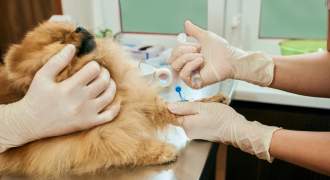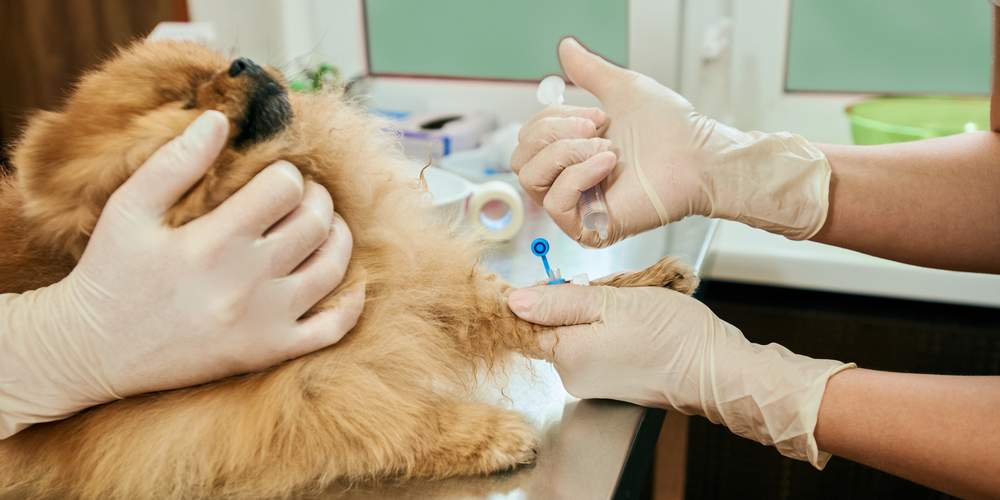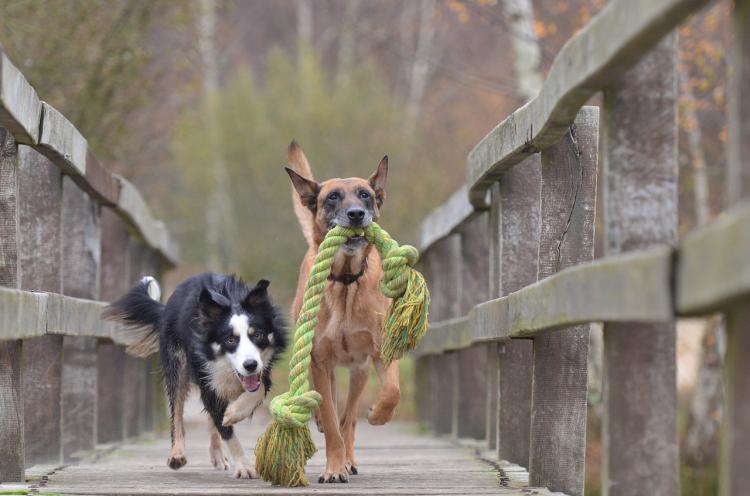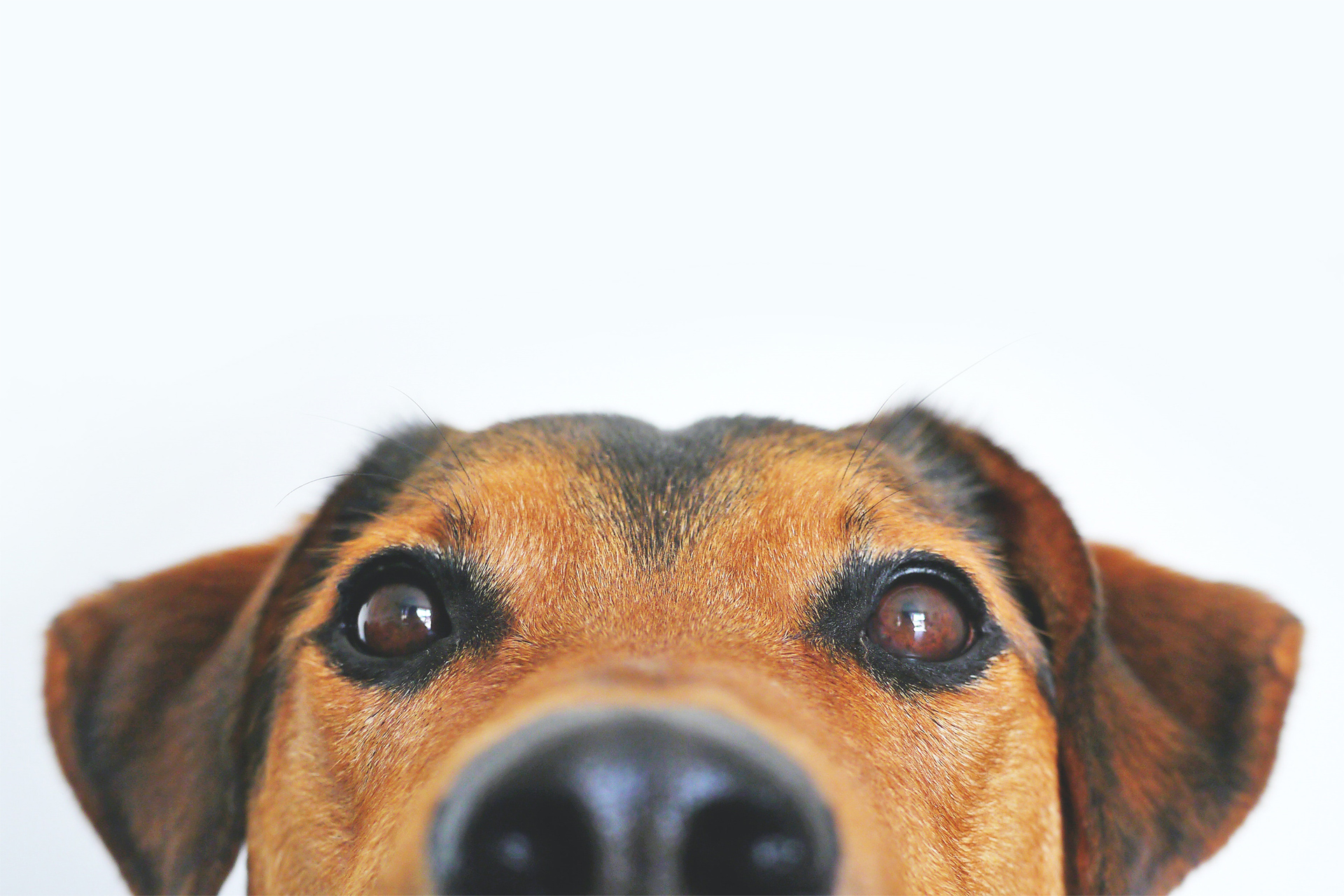
Why is it so important to keep on top of your dog&...
When you first have a tiny puppy to protect, vaccinations are at the forefront of your mind; you do everything you can to protect ...
19 May 2021
Read More
When you first have a tiny puppy to protect, vaccinations are at the forefront of your mind; you do everything you can to protect the dog from getting sick. However, as your pet gets older and becomes strong and healthy it’s all too easy to forget the annual injection.
What happens if you do?

Invisible risks
Knowing your dog is protected from deadly diseases is a reassuring thought. As disease relevance differs depending on your location, your vet will decide on the most up-to-date vaccine regime that will protect against the most popular diseases around.
Regular vaccination protects against threats to your dog’s health, so any lapse can also open up a real risk. As well as this, regular vaccination must mean regular. If a booster isn’t given when it’s supposed to be, your dog is unprotected for a time. If there is too long a delay then the vaccination becomes ineffective. In some cases, the course of treatment has to be started all over again to get the dog back on track. All the while, our dog could be struck by a potentially preventable infectious disease with no defence against it.

Start as you mean to go on
Once a puppy has had the first course of injections at around six to twelve weeks (in some cases later, your vet may remind you when boosters are due but they don’t always. A vet keeps records for many different animals and a practice can change hands. Therefore, to make sure your dog never misses an injection it’s sensible to keep a record yourself of due dates.
Regular jabs protect your dog from infectious diseases like Adenovirus and Distemper. Although we rarely hear of them these days, and many won’t even have heard of them, they still exist, but it is widespread vaccination regimes that keep these diseases away. If vaccine rates fall we are likely to see these serious diseases more commonly. Thus, it is particularly upsetting to see a dog gravely ill or lose its life to a disease that is entirely preventable.
Treatment for infectious diseases is extremely costly and not always successful. Besides this, a pet dog could also put the whole family at risk since some infectious diseases can be transmitted to humans. It’s important from day one to take vaccination seriously.
Set reminders

With all the will in the world, it is undeniably hard at times to keep on top of medical appointments — for ourselves, not only the dog.
Here are a few tips for pet owners:
As soon as one vet appointment is finished, book the next so the task is done. However, you will still need to make a note of the date somewhere you will see it.
If you prefer to book the appointment nearer the time, make a note in a calendar a month or two before the due date to make sure you book in plenty of time.
As technology improves we can be less reliant on only our memory and plan vaccinations months or even a year in advance.

When you first have a tiny puppy to protect, vaccinations are at the forefront of your mind; you do everything you can to protect ...
19 May 2021
Read More
Dogs with arthritis can have good days and bad days, much like their human counterparts, and with any chronic condition there may ...
09 February 2021
Read More
Arthritis is a progressive, and painful disease affecting one or more joints.
09 February 2021
Read More